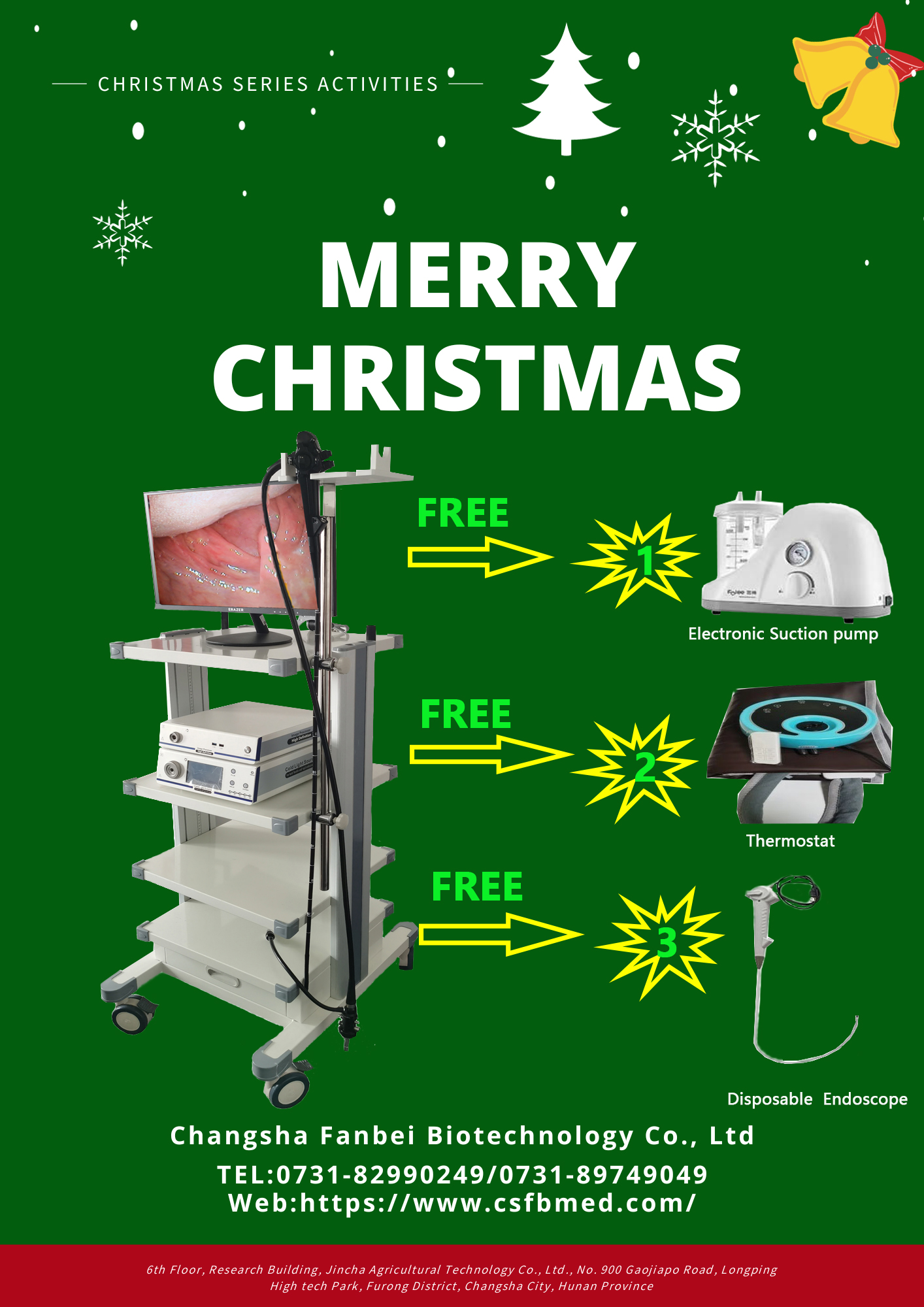One of the key advantages of flexible endoscopy is its ability to provide a comprehensive evaluation of the gastrointestinal system. By utilizing a flexible and maneuverable endoscope, physicians are able to visualize the inside of the esophagus, stomach, and intestines, allowing for the detection of abnormalities such as ulcers, inflammation, and polyps. This detailed inspection can help in the early detection and treatment of gastrointestinal diseases, ultimately leading to better patient outcomes.
In addition to its diagnostic capabilities, flexible endoscopy also enables therapeutic interventions to be performed during the same procedure. This means that physicians can not only identify issues within the gastrointestinal tract, but also treat them immediately. For example, polyps can be removed, bleeding can be stopped, and tissue samples can be obtained for further analysis, all without the need for invasive surgery. This minimally invasive approach not only reduces the risk of complications, but also accelerates the patient’s recovery time.
Furthermore, flexible endoscopy offers a more comfortable and convenient experience for patients. Unlike traditional rigid endoscopy, which can be uncomfortable and require sedation, soft endoscopy is typically performed with minimal discomfort and does not always necessitate sedation. This means that patients can undergo the procedure and return to their normal activities much more quickly, without the lingering effects of sedation.
The technological advances in flexible endoscopy have also made the procedure safer and more effective. The development of high-definition imaging and flexible instruments has improved the visualization and maneuverability within the gastrointestinal tract, allowing for more accurate diagnosis and treatment. Additionally, the use of advanced imaging modalities such as narrow-band imaging and confocal laser endomicroscopy has enhanced our ability to detect early-stage gastrointestinal cancers and precancerous lesions.
In summary, flexible endoscopy has become an invaluable tool in the field of gastroenterology, offering numerous benefits for both patients and healthcare providers. Its non-invasive nature, combined diagnostic and therapeutic capabilities, and improved patient experience make it an essential technique for the diagnosis and treatment of a wide range of gastrointestinal disorders. As technology continues to advance, the future of flexible endoscopy holds even greater promise for improving gastrointestinal health.
Post time: Dec-28-2023

